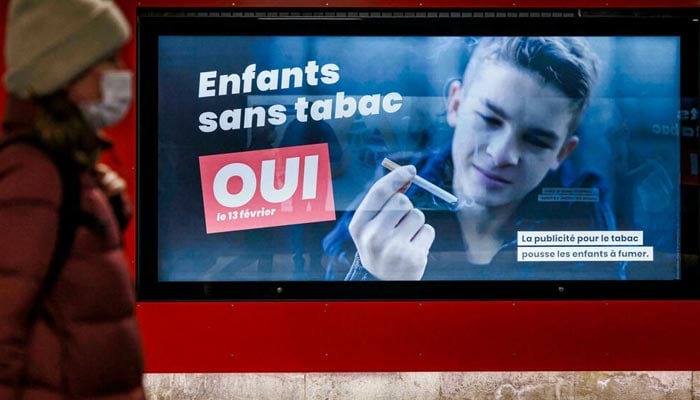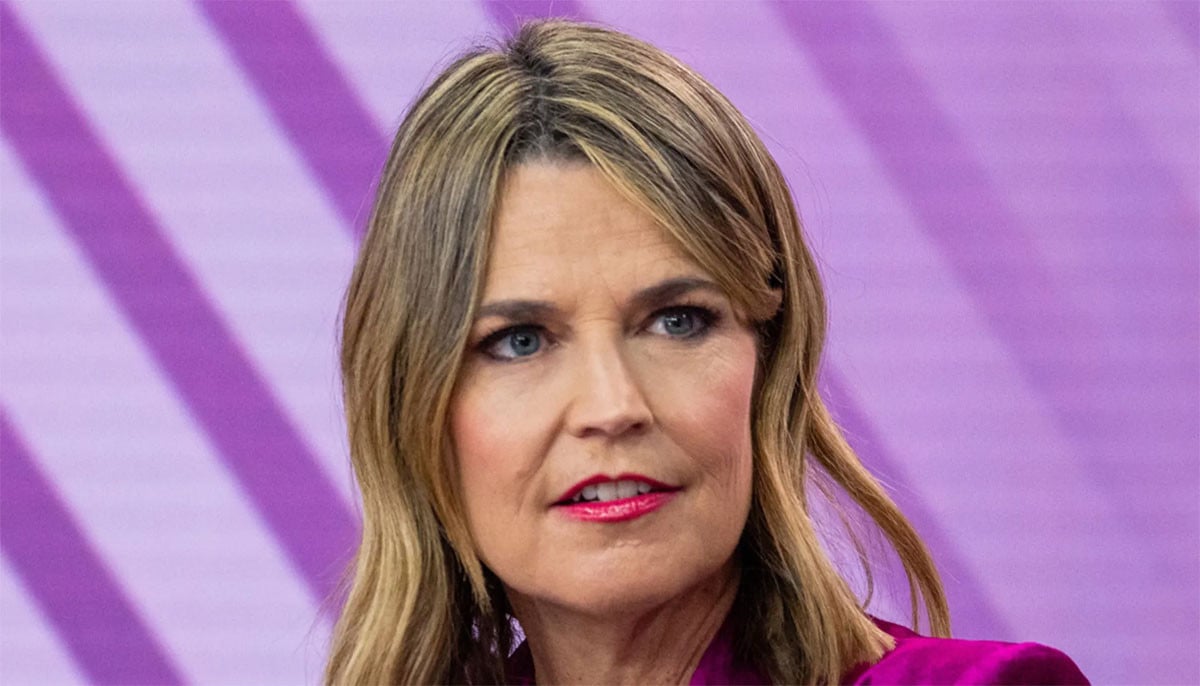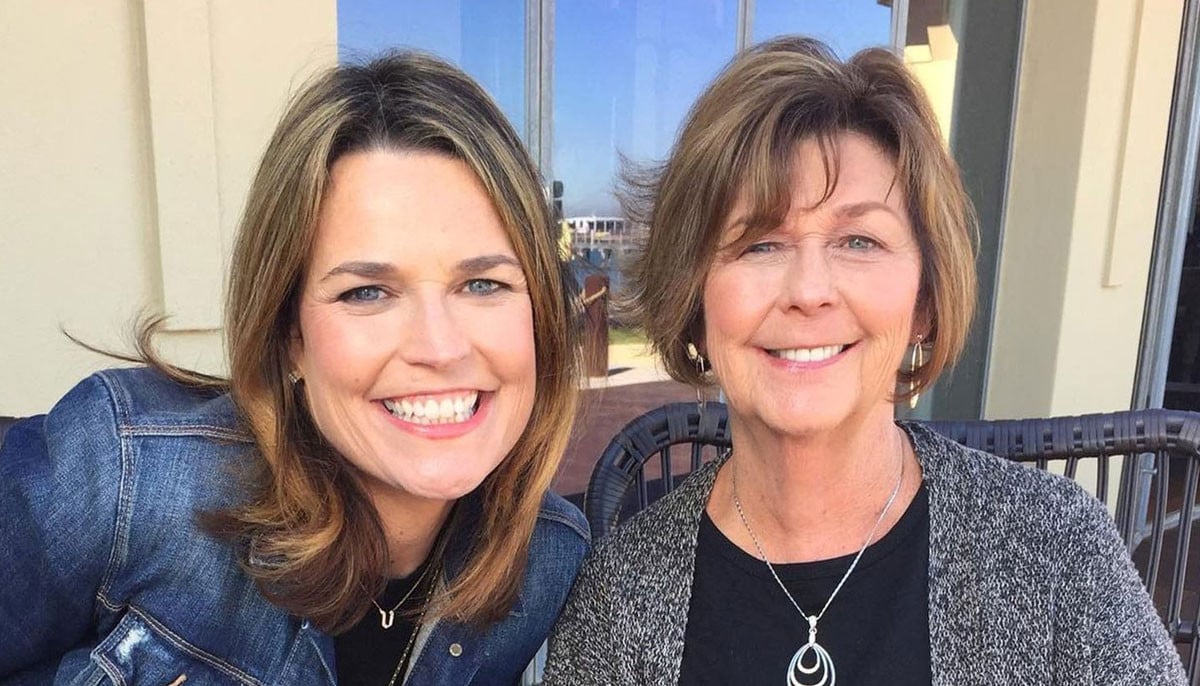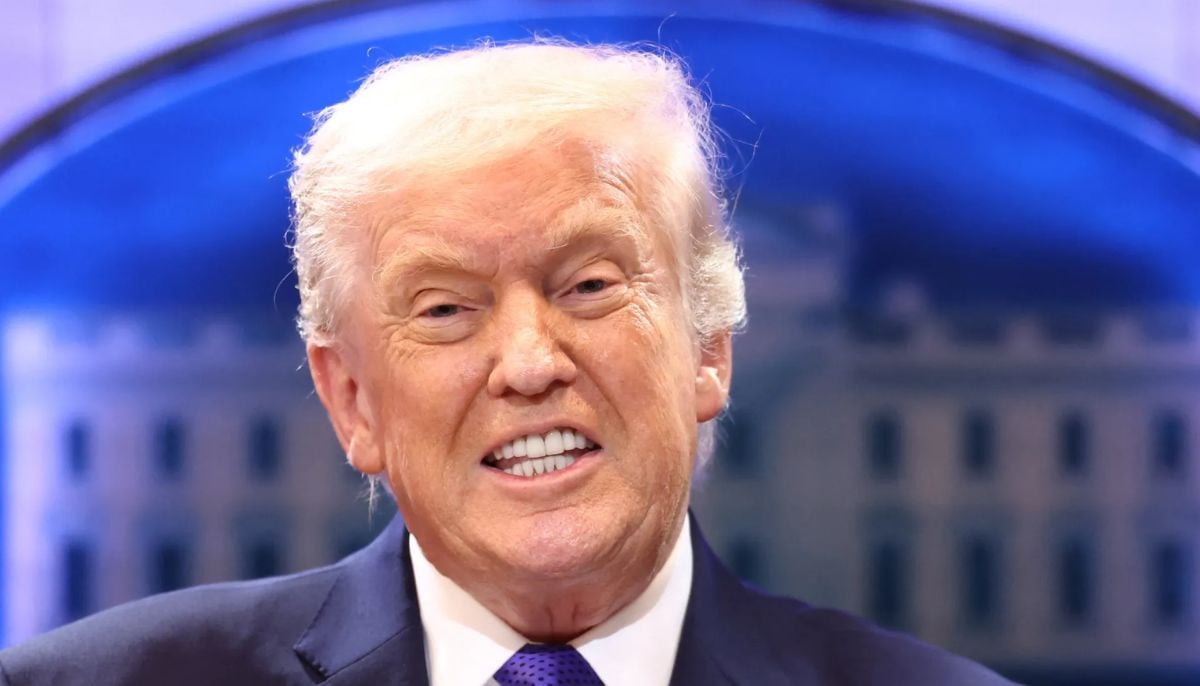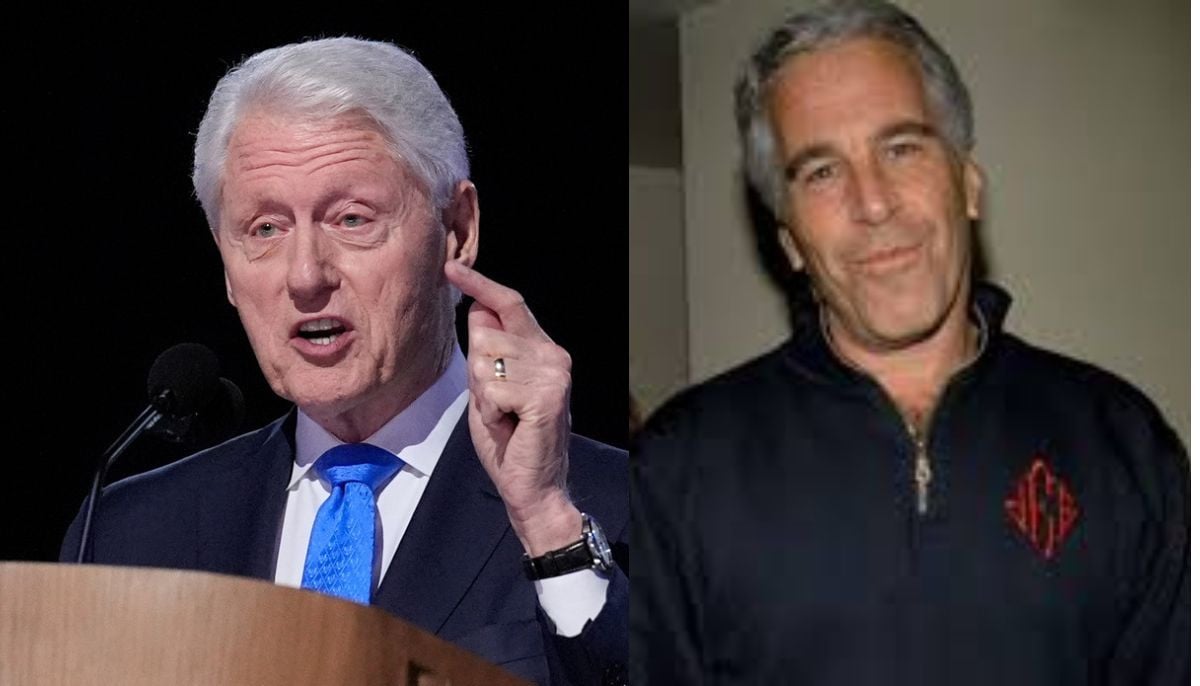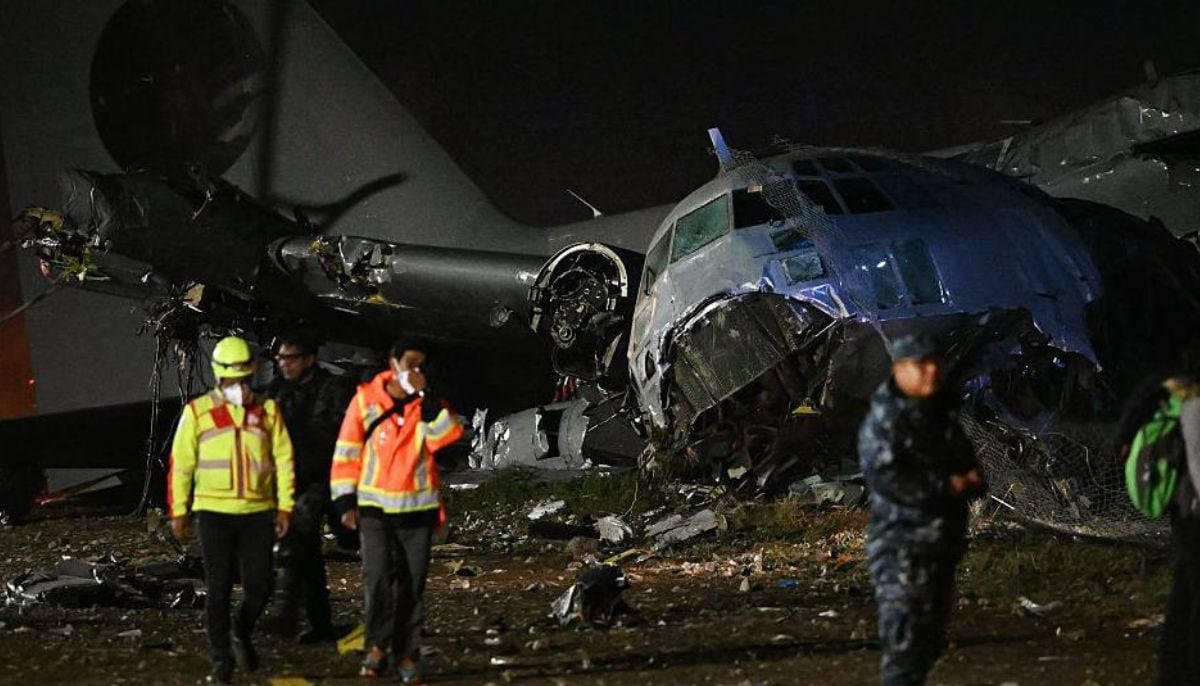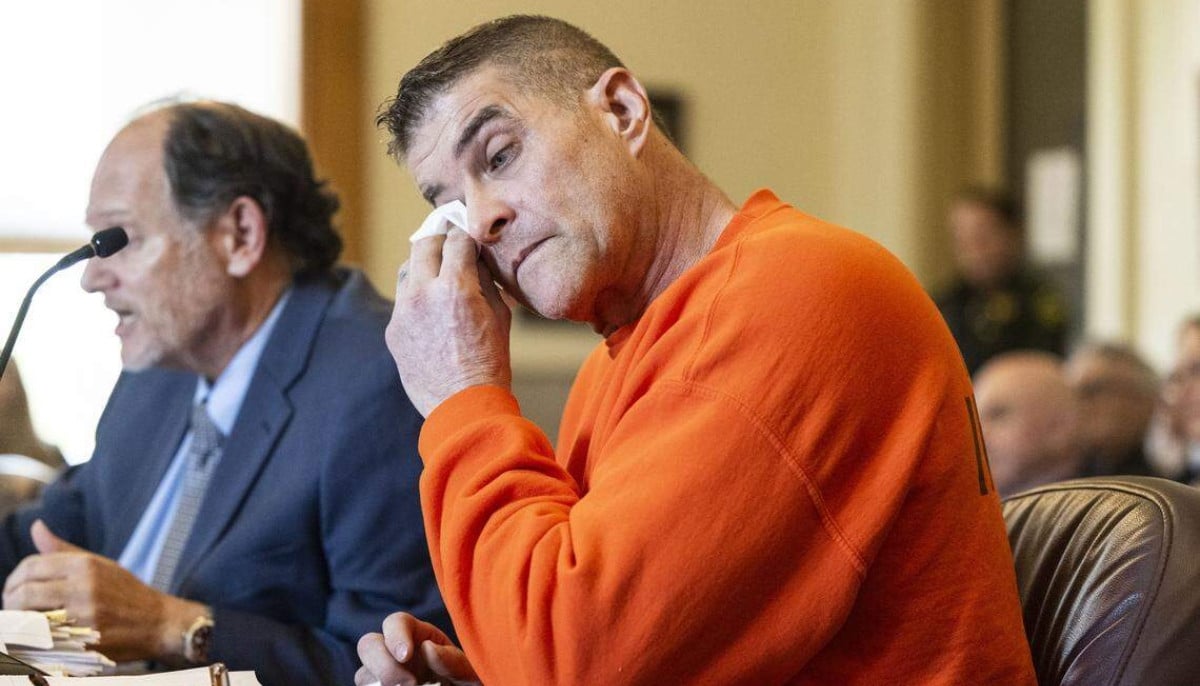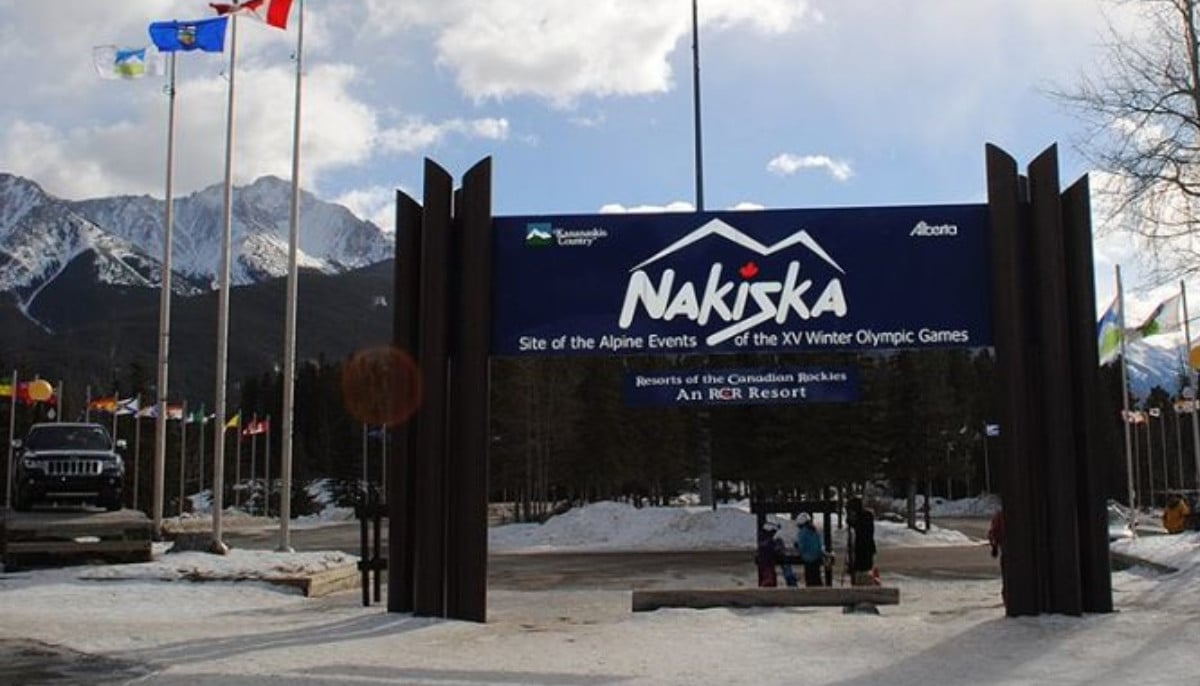Swiss vote to ban nearly all tobacco advertising
Nearly 57% of voters and 16 of Switzerland's 26 cantons backed the near-total tobacco advertising ban
GENEVA: The Swiss voted on Sunday to tighten their notoriously lax tobacco laws by banning virtually all advertising of the hazardous products.
Nearly 57% of voters and 16 of Switzerland's 26 cantons backed the near-total tobacco advertising ban, final results showed.
"We are extremely happy. The people understood that health is more important than economic interests," Stefanie De Borba of the Swiss League against Cancer, told AFP.
Switzerland lags far behind most wealthy nations in restricting tobacco advertising — a situation widely blamed on substantial lobbying by some of the world's biggest tobacco companies headquartered in the country.
Currently, most tobacco advertising is legal at a national level, except on television and radio, and when specifically targeting minors.
Some Swiss cantons have introduced stricter regional legislation and a new national law is pending, but the campaigners who forced the issue to a vote under Switzerland's direct democracy system demanded far tighter rules.
Opponents of the initiative, which include the Swiss government and parliament, argued that it goes too far.
Politically correct 'dictatorship'
"Today we are talking about cigarettes, but we will soon be talking about alcohol and meat," warned Philippe Bauer, a parliamentarian with the right-wing Liberal Party, decrying "this dictatorship of the politically correct, where everything has to be regulated".
His concerns echo those voiced by Philip Morris International (PMI), the world's largest tobacco company, which, like British American Tobacco and Japan Tobacco, is headquartered in Switzerland and has helped fund the "No" campaign.
"This is a slippery slope as far as individual freedom is concerned," a spokesman for PMI's Swiss section told AFP.
He decried Sunday's result and urged parliament to show "moderation and measure" when drafting the decision into law.
Jean-Paul Humair, who heads a Geneva addiction prevention centre, hailed Sunday's win as "a very important step" in the battle against tobacco use, and flatly rejected the industry's arguments.
"This is not a question of freedom... It is an illusion of freedom," he told AFP, pointing out that tobacco use creates severe dependency.
'Kills half of all users'
"There is no other consumer product that kills half of all users."
Campaigners say lax advertising laws have stymied efforts to bring down smoking rates in the Alpine nation of 8.6 million people, where more than a quarter of adults consume tobacco products. There are around 9,500 tobacco-linked deaths each year.
Pascal Diethelm, head of the OxyRomandie tobacco control group, told AFP that Sunday's vote should help lead to a "change of paradigm" for federal authorities.
"(They) have been accepting for too long that health prevention policy be put under the tutelage of big business," they said.
The tobacco industry contributes around six billion Swiss francs ($6.5 billion, 5.7 billion euros) to the economy annually — one percent of Switzerland's gross domestic product — and accounts for some 11,500 jobs.
Swiss Health Minister Alain Berset meanwhile stressed to journalists that it could take time for the near-ban to take effect.
"It really does not seem possible that it could take effect this year," he said.
The new tobacco advertising restrictions could conceivably be added to a new tobacco law already due to take effect next year, and which for the first time will set a nationwide minimum age for the purchase of tobacco products.
Animal testing
Other issues on Sunday's ballot did not fare as well in the polls.
Nearly 80% of voters rejected a call to ban all animal testing.
All political parties, parliament and the government had opposed the initiative, arguing it went too far and would have dire consequences for medical research.
In another animal-themed vote, inhabitants in the northern Basel-Stadt canton also massively rejected a bid to afford non-human primates some of the same basic fundamental rights as their human cousins, with nearly 75% opposed.
More than 55% of voters also rejected a plan by the national government to provide additional state funding to media companies, which have seen their advertising revenues evaporate in recent years.
Nearly 44% of eligible Swiss voters took part Sunday, which is not unusually low in a country where such popular votes are held every few months.
-
Savannah Guthrie speculations 'sadly' coming true about mother Nancy
-
Trump administration warns of slow payouts for tariff refunds amid intensifying trade disputes
-
‘I saw nothing’: Bill Clinton denies knowledge of Epstein’s crimes in House testimony
-
Israel launches attack on Iran's capital and declares state of emergency
-
At least 15 dead after military plane carrying new banknotes plunges out of control in Bolivia
-
Daniel Serafini gets life without parole in in-laws murder and attempted murder case
-
Nakiska Ski Area avalanche leaves youth unresponsive, second skier escapes unhurt
-
Igor Komarov missing in Bali: Seven foreign suspects arrested in kidnapping probe
